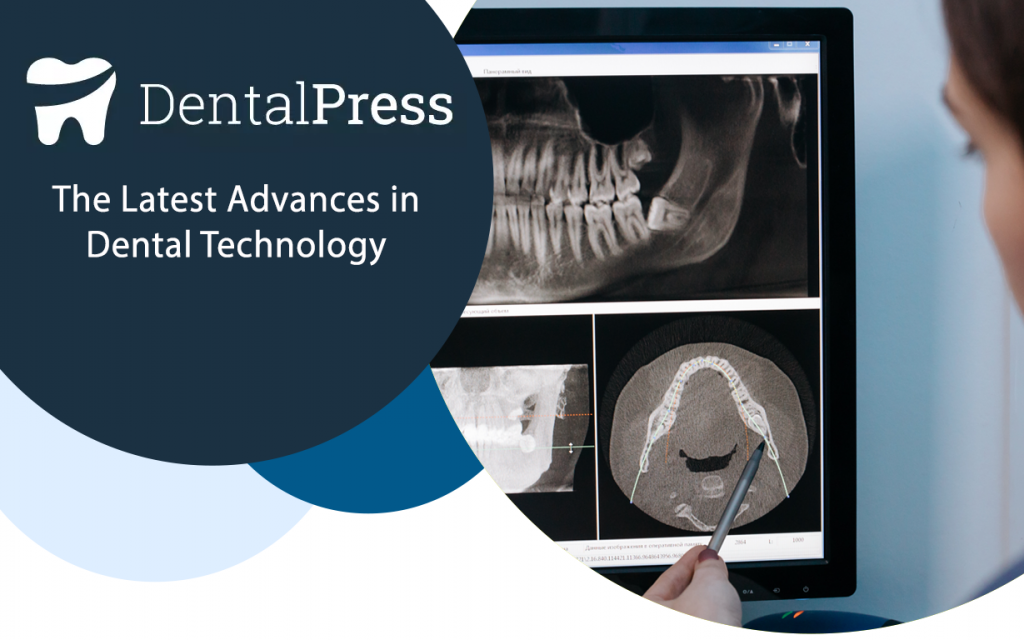The Latest Advances in Dental Technology: How They Can Benefit Your Practice
23 January 2023
Posted by admin
2 minute read

In today’s fast-paced world, technology is constantly evolving and advancing. The dental industry is no exception. In recent years, we have seen a significant growth in the use of technology in dentistry, from digital X-rays to computer-aided design and manufacturing (CAD/CAM). One of the most exciting advancements in dental technology is the use of artificial intelligence (AI).
AI is a branch of computer science that deals with the creation of intelligent machines that can think and learn like humans. In dentistry, AI is being used to improve diagnosis, treatment planning, and patient outcomes. One example of AI in dentistry is the use of machine learning algorithms to analyze X-rays and identify potential problems such as cavities or periodontal disease. This can help dentists make more accurate diagnoses and provide better treatment options for their patients.
Another application of AI in dentistry is in the field of implantology. AI-powered systems can assist in the placement of dental implants by providing real-time guidance and feedback to the surgeon. This can lead to more precise and accurate implant placement, which can result in improved patient outcomes and a faster healing process.
AI is also being used in the field of orthodontics to assist with treatment planning and to predict the final outcome of treatment. This can help orthodontists make more informed decisions about the best course of treatment for their patients.
In addition, AI is being used to assist with patient communication and education. For example, AI-powered chatbots can answer patient questions and provide them with information about their dental health. This can help patients feel more informed and empowered, which can lead to better compliance with treatment plans.
In conclusion, the use of AI in dentistry is a rapidly growing field with the potential to improve patient outcomes and make the practice more efficient. As dental professionals, it is important to stay informed about these advancements and consider how they can benefit our practice and patients.
